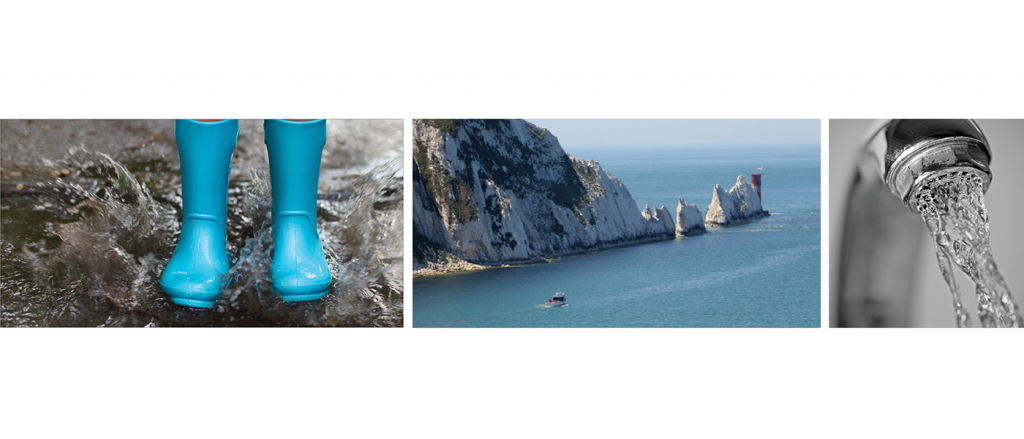About Hard Water
We have all heard of it – but what exactly is soft water?
Or, for that matter, hard water?
Whether your water supply consists of hard or soft water is determined by the geology of the ground that the rain in your region falls upon.
Pure rainwater is naturally soft, but the when it passes through limestone regions, it picks up calcium and magnesium minerals in its path which make the water hard.
The granite areas of the north and west do not contain the same minerals and so the water remains ‘soft’. And with the development of water distribution networks, some parts of the UK which have historically been soft water areas, are now beginning to experience hard water.
As hard water is heated (e.g. in washing machines, showers, kettles etc), the Calcium and Magnesium separate out and form a crust on surfaces they come into contact with. This is what we know as limescale.
Limescale can cause damage and expense in the home…
– Limescale build-up in heating systems causes a loss in heating efficiency, wasting energy
– Showers, washing machines and immersion heaters become damaged and inefficient more quickly
– Limescale quickly builds up on taps, sinks and other fittings becoming unsightly and making cleaning difficult
– Hard water can aggravate skin conditions such as eczema


